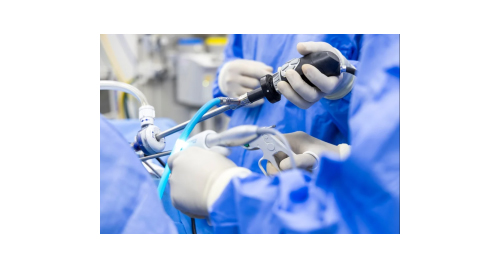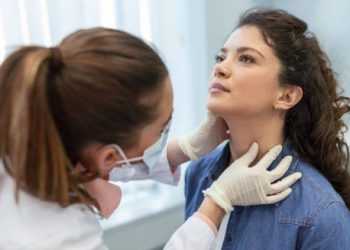Treatment for Anal Cancer
Anal cancer treatment depends on the stage, type of tumour, and the patient’s overall health. The main treatments include radiation therapy, chemotherapy, and surgery — often used in combination.
1. Chemoradiation (Primary Treatment)
- A combination of radiation therapy and chemotherapy is the standard approach for most patients.
- Radiation targets cancer cells with high-energy rays.
- Chemotherapy (typically 5-FU and mitomycin C) makes cancer cells more sensitive to radiation.
- This combination can cure early-stage cancers without the need for surgery.
2. Surgery
- Used when chemoradiation is not effective or if cancer returns.
- Procedures include:
- Local excision – for very small tumours
- Abdominoperineal resection (APR) – involves removing the anus and rectum, requiring a permanent colostomy
3. Targeted Therapy and Immunotherapy
- Still under research but may be useful for advanced or recurrent cases.
Side Effects of Treatment
- Skin irritation or burns from radiation
- Fatigue
- Diarrhoea or rectal discomfort
- Sexual side effects or infertility
- Temporary hair loss, nausea, and lowered immunity (from chemo)
Supportive Care
- Pain management
- Nutritional counselling
- Mental health support and counselling
- Sexual health guidance
In South Africa, treatment is offered at oncology centres in both public hospitals and private facilities. HPV vaccination, now part of school-based programmes for girls (and in some cases boys), is expected to reduce anal cancer rates over time.
Now let’s explore the complications of anal cancer and life after treatment.
👉 [Next: Complications of Anal Cancer]


